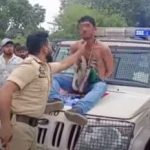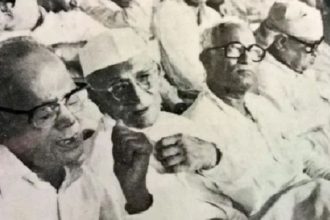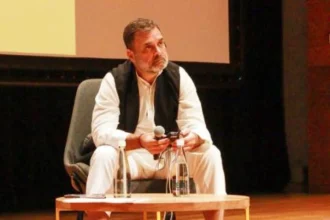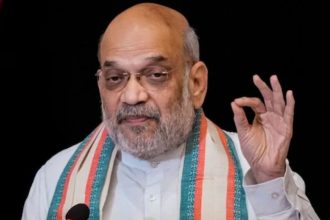The union government has been observing 25th June, the anniversary of emergency, as “samvidhan hatya divas”. Today on its 50th anniversary the propaganda juggernaut that the government has unleashed, has obscured its honest and objective assessment. During the past decade momentous occasions like the centenary of the Noncooperation Movement and 75 years of the Quit India Movement fell subdued but a transient period of 19 months needs to be magnified. This is against what is called “discourse ethics” and the media and academia should be asked the question. Emergency is a substantial provision of the constitution and the government is empowered to invoke it. The question therefore should not be around not allowing for emergency, but around the situation which warrants it. We therefore need to ask 4 basic questions. Firstly why was emergency needed or felt so by the then government. Secondly what alternatives could the government have explored. Third is about the manner of administration during the period of emergency and lastly how has it affected our polity. Though many reasons are forwarded, like the JP movement and the Allahbad high court ruling but the immediate trigger was the announcement to gherao and cut off the prime minister’s house from the rest of the government. This in a pre internet era would have been total chaos with unimaginable consequences.The question of exploring alternatives is important. Would arresting the opposition have been possible without suspending the fundamental rights of citizens. Was such suggestions made by any institution. Regarding the conduct of the government during the period, a very sorry picture emerges on the front of civil liberties. Sanjay Gandhi became the de facto dictator and most party leaders acted with impunity. But on the welfare front we got the most definitive initiative in the form of “twenty points program “, bureaucracy became accountable and corruption came down. Social atrocities also fell. So it has a mixed legacy. Lastly its lasting impact on our polity. We find that it has taught the political class the possibilities of total control. Much of what we see today, its lessons were learnt during the emergency and gradually honed to develop a sustainable model of total control. The control over the means of production and appropriation of the economy was missing in the emergency period. The attempt for total polarization of society has been added to the standard operating procedure. Emergency needs to be invented as legitimizing factor for otherwise unknown political forces. Apart from the national emergency imposed in 1975, there have been multiple occasions where state emergency has been imposed. The latest being in Jammu and Kashmir during the abrogation of article 370. The entire state was shut down for months, the state was partitioned and stripped of its statehood. All without any explicit constitutional provision. Creating a situation by not accepting a claim for forming the government by a majority of MLAs and dissolving the assembly. Thereafter taking the concurrence of the governor as that of the state legislature. It remains a fraud on the constitution.
A mixed legacy
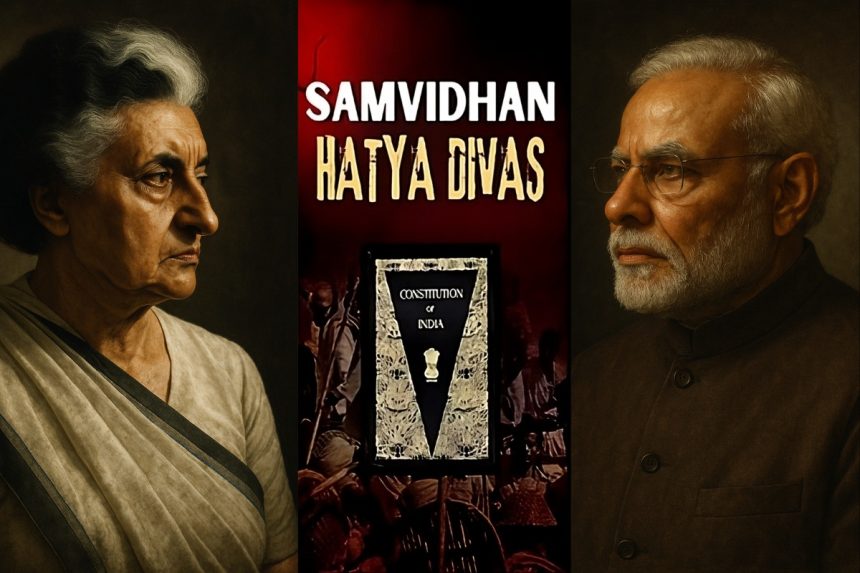
Popular Posts
आपराधिक मानहानिः सुप्रीम कोर्ट से आया संदेश
सुप्रीम कोर्ट की एक पीठ ने मानहानि से संबंधित एक मामले की सुनवाई के दौरान…
शराब घोटाला मामला: पूर्व मंत्री लखमा ने ED की कार्रवाई को दी चुनौती, हाईकोर्ट में लगाई याचिका
रायपुर। छत्तीसगढ़ के बहुचर्चित शराब घोटाला मामले में पूर्व मंत्री कवासी लखमा ने ED की…
By
नितिन मिश्रा
विधायकों ने जिंदल में इलाज कराया, मान्यता नहीं थी फिर भी स्वास्थ्य विभाग ने दी मंजूरी
CG MLAs treatment: छत्तीसगढ़ के दो विधायक एक कांग्रेस से और एक भाजपा से स्वास्थ्य…
By
पूनम ऋतु सेन



